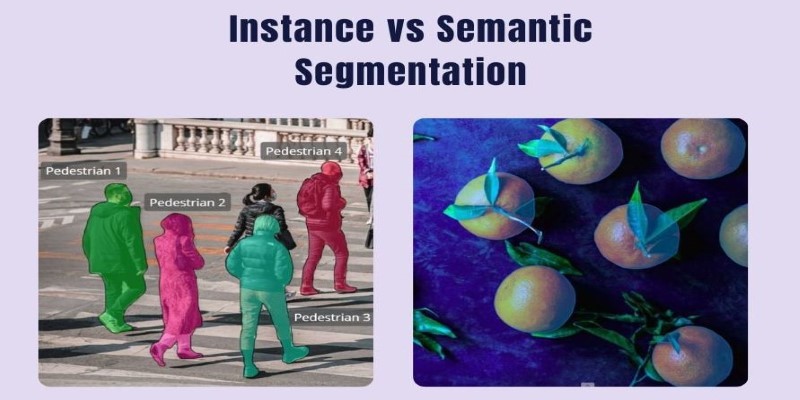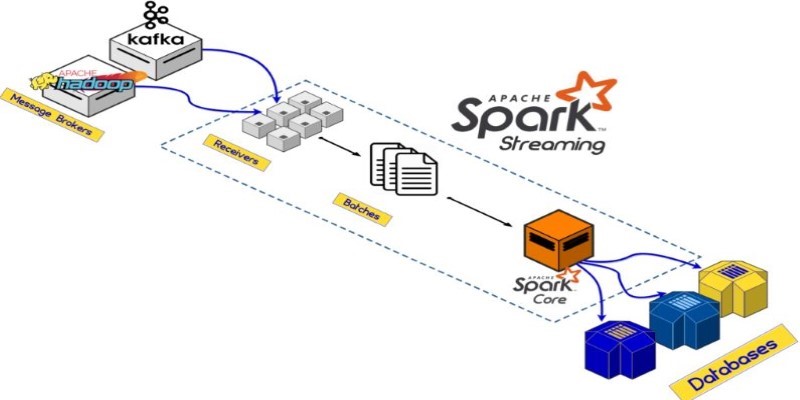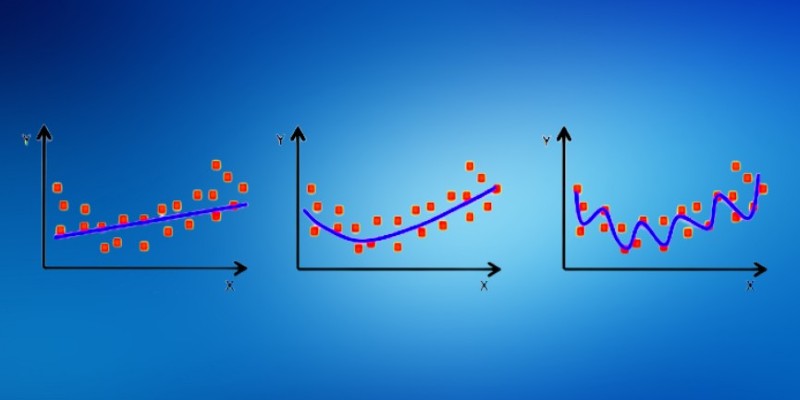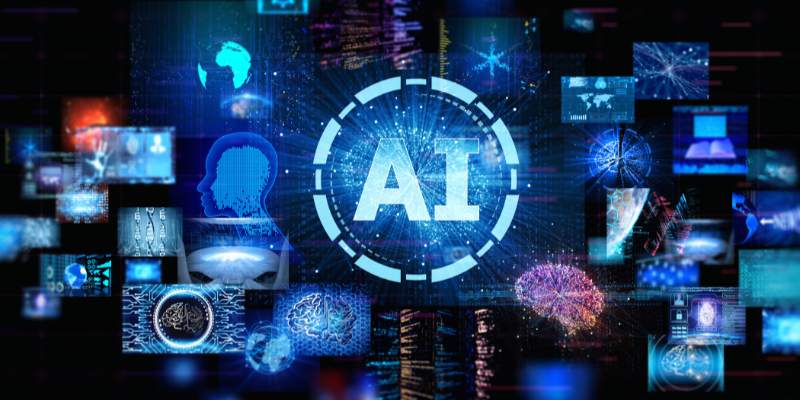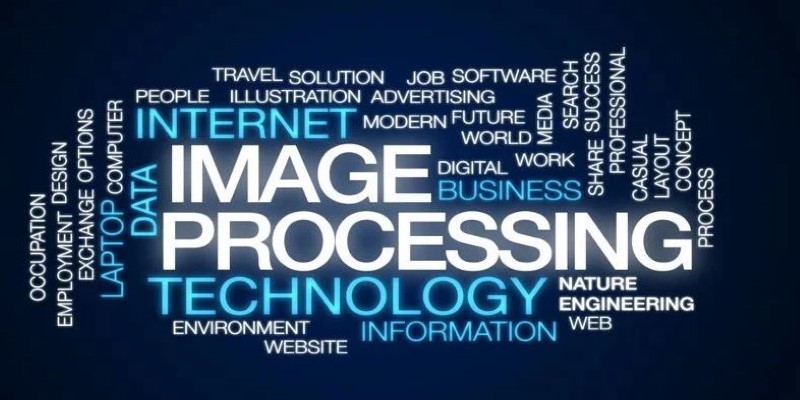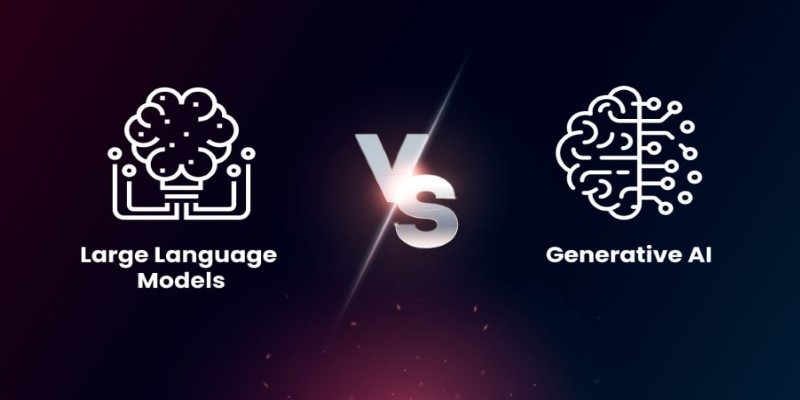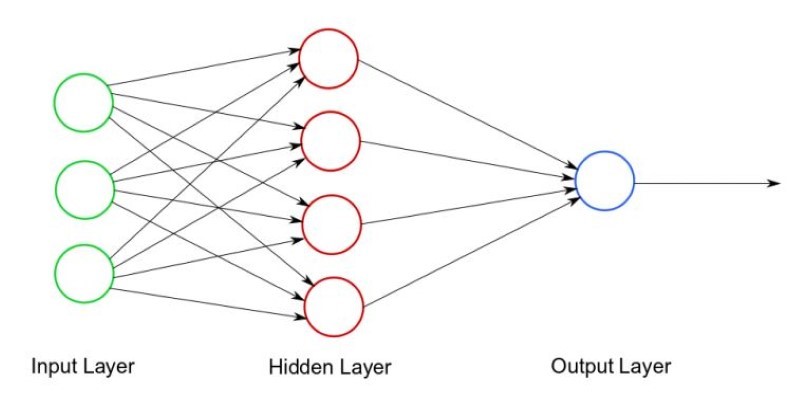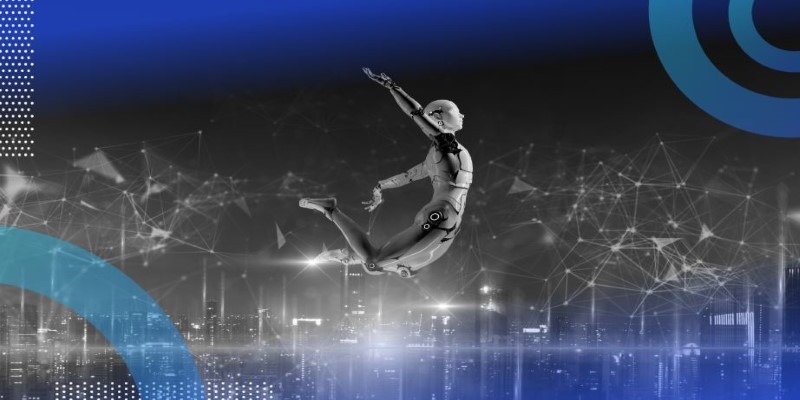Though job hunting is difficult, artificial intelligence tools speed and smartly simplify it. These applications even automatically apply, analyze resumes, and match job descriptions. Through top job recommendations and application optimization, AI-driven systems increase employment prospects from interview coaching to resume scanning, and artificial intelligence streamlines every process. Filtering job ads according to interests and skill sets saves time. Nowadays, several sites provide AI-generated cover letters, which distinguishes applications.
By using sophisticated algorithms, the finest AI job tools improve recruiting success. They increase application quality and point out latent opportunities. AI can assist you in finding high-paying remote jobs or land your ideal career. Let's investigate the top AI job search tools to expedite your hiring procedure.

How AI is Changing the Job Search Game?
AI technology is revolutionizing job searches and accelerating more effective recruiting. Standard job applications require hours of research. By quickly scanning thousands of job openings, artificial intelligence removes this headache. Artificial intelligence drives job search tools, examining resumes and recommending the best fit. It filters locations depending on credentials using machine learning. Some even follow employment market trends to suggest highly sought-after vocations.
Automaton is another important benefit. AI can create custom cover letters and automatically fill forms. That raises response rates and sharpens application efficiency. Certain sites also include artificial intelligence interview simulators, enabling candidates to be ready. AI removes job searching's guesswork. It offers industry needs, salary, and skill-based insights powered by data. By stressing skills over experience, AI-powered job application tools also help to lower bias.
Best AI Resume Builders for Job Seekers:
Interviews depend mostly on a strong résumé. Professional, ATS-friendly resumes are produced in part by AI resume builders. To satisfy recruiter expectations, they perfect structure, style, and language. Artificial intelligence enhances Resumes on sites such as Zety, Resume.io, and Novoresume. These instruments review job descriptions and provide pertinent keywords. They also make reading easier, guaranteeing resumes pass applicant tracking systems (ATS).
Builders driven by artificial intelligence customize resumes according to sector and job type. They bring out areas of strength and provide action-oriented bullet points. Many offer templates that fit hiring patterns, which distinguishes resumes. Real-time comments provide still another advantage. AI looks over resumes for mistakes, poor sentences, and absent portions. Producing professional, high-impact resumes raises hiring prospects. A well-organized resume increases the visibility of the job on recruiter databases and job boards. Smart resume-optimizing tools guarantee applications satisfy job market criteria. Resume applications driven by artificial intelligence increase job searching efficiency.
AI-Powered Cover Letter Generators:
Strong cover letters distinguish applicants. Tools driven by artificial intelligence create professional, customized cover letters in minutes. These instruments dissect job descriptions and create customized introductions. Among the top artificial intelligence cover letter writers are Rezi, Kickresume, and CoverDoc.ai. Their material is created engagingly using natural language processing (NLP). AI tools guarantee that keywords, tone, and structure fit employment criteria.
Many sites let you create custom templates. Users enter employment information; artificial intelligence creates a polished letter. These letters show areas of strength and fit company objectives. AI also fixes grammar, so enhancing professionalism. One other advantage is versatility. Artificial intelligence changes letters depending on particular work categories and industry trends. It guarantees every cover letter is original, so response rates are raised. Cover letters produced by artificial intelligence save time while preserving quality.
AI Job Matching and Auto-Apply Tools:
While finding the ideal employment takes time, artificial intelligence speeds things along. Job matching systems recommend optimal occupations by analyzing preferences and skill sets. Some even automatically apply to save candidates hours of work. AI-powered platforms such as Teal, Jobscan, and Simplify screen employment advertising. They go over thousands of listings, matching candidates with appropriate openings. These instruments weigh experience, aptitudes, and job choices.
Features like auto-apply help to streamline job seeking. Artificial intelligence fills applications, guaranteeing completeness and accuracy. It makes quick application submissions, therefore raising the likelihood of an interview. Additionally, AI job seekers offer insights into industry trends. They stress industry criteria, pay expectations, and highly sought-after roles. This information guides candidates in choosing their paths of employment.
AI Interview Preparation Tools:
One of the most important phases of the employment process is the interview. Tools for preparing AI interviews let applicants hone their responses. These instruments give real-time comments, therefore enhancing communication abilities. Popular artificial intelligence interview instruments are Interview Buddy, My Interview, and VMock. Their tone, body language, and answer quality assessments rely on machine learning. AI models actual interview situations, hence lowering anxiety.
AI tools also create standard interview questions based on employment roles. They offer candidates individualized advice, enabling their successful responses. Some systems examine speech patterns to boost clarity and confidence. Instant scoring is also really important. AI marks answers and provides recommendations for development. That lets candidates improve their responses and raise hiring success. Interview coaching driven by artificial intelligence saves time and raises performance.

The Future of AI in Job Hunting:
AI will keep changing the job search scene. Future AI systems will use even more intelligent job matching to help strengthen candidate-employer relationships. Networking enabled by artificial intelligence will enable job searchers to create professional contacts. One developing trend is AI-powered career coaching. AI will offer pay insights, career guidance, and course of action recommendations for upskill development. Customized job search plans will improve hiring effectiveness.
Still, another development is voice-based job search tools. Using basic requests, artificial intelligence voice assistants will aid job seekers. Virtual hiring assistants will simplify correspondence between companies and job candidates. Furthermore, artificial intelligence will improve job market transparency. It will advise in-demand skills and forecast hiring patterns. Businesses will apply artificial intelligence for more equitable hiring, lowering bias and increasing diversity. Job searches guided by artificial intelligence will grow simpler and save effort and time.
Conclusion:
AI employment search engines are transforming hiring. They connect applicants with perfect jobs and polish resumes and cover letters. Preparing an artificial intelligence interview boosts confidence and raises success rates. Job seekers can find well-paid remote jobs faster by leveraging artificial intelligence. Automation increases reaction rates and simplifies applications. AI eliminates guesswork, so enabling applicants to concentrate on professional development. Job hunting's direction is AI-driven. Higher success rates, justice, and efficiency are guaranteed by smart technology. AI-powered job application tools will keep developing and help to make hiring wiser.
